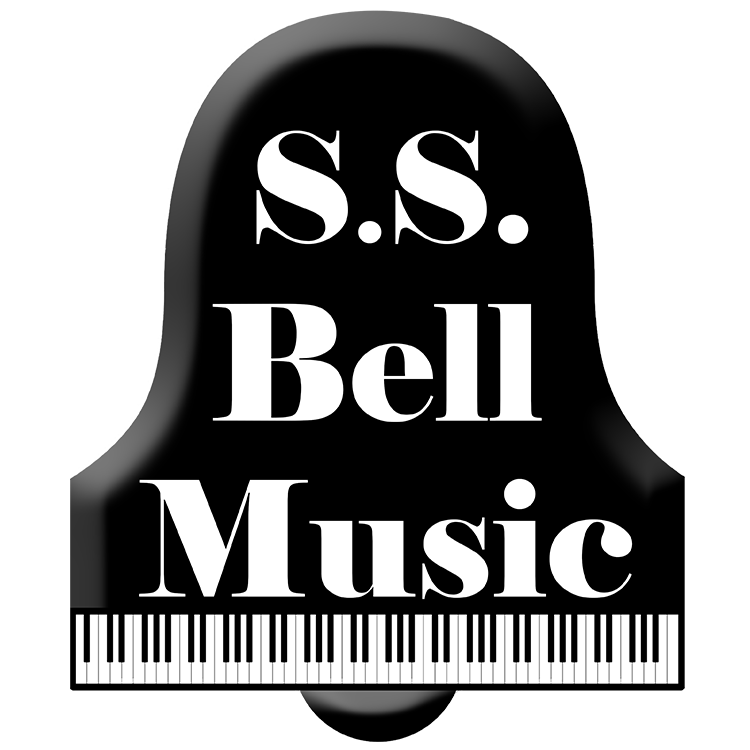Does Key Really Matter?
What determines what Key a piece is in? Why does it matter? And why do folks have such strong opinions about it?
These are questions I found myself asking after writing my latest piano solo, I Remember You—a pop-inspired piece with a flowing, beautiful melody. I originally composed it in the key of E major. It just felt right: bright, expressive, and emotionally resonant.
But out of curiosity, I posed a simple question to my Facebook community:
Would you rather hear this piece in E or in D?
I was amazed at the passionate—and divided—responses. Some insisted E captured the soul of the piece; others said D was warmer, more natural. And suddenly, a lively discussion was underway about something we don’t often talk about directly: Does the key really affect the experience of the music?
Turns out… yes, it does. And for more reasons than you might think.
Let’s explore why.
The Way It Sounds (and Feels)
Every key has a distinct sonic character.
D major is often described as clear, open, and warm, while E major might feel more brilliant or intense. While the intervals are technically the same, the resonance and register can give each key a slightly different emotional flavor.
Have you ever felt like a piece of music just "belongs" in a certain key?
Could changing the key shift the emotion or intention of the music?
How It Lies Under the Fingers
Some keys are simply more comfortable to play.
For pianists, E major (with four sharps) has more black keys, which can actually create a natural hand position. Others may find D major (with only two sharps) more intuitive.
If you're a pianist, do you prefer keys that use more black keys or fewer?
How does finger comfort affect your choice when learning or performing a piece?
Some People See Keys
For those with synesthesia—a condition where senses overlap—keys can actually appear as colors.
To one person, E major might glow golden-yellow, while to another, D major feels like cool blue.
The key doesn’t just affect how it sounds, but how it looks and feels to the musician.
Some common color associations might include:
C major: Red, bright yellow
D major: Orange, green
E major: Yellow, blue
F major: Blue, purple
G major: Green, dark blue
A major: Purple, pink
B major: Pink, white
If you had to assign a color to your favorite key, what would it be?
Range and Singability
For vocal music, key choice can be everything. A melody that soars on piano might fall outside the comfortable range of a typical voice.
Even for instrumental solos, a well-chosen key can help the melody "sing" more naturally within the instrument's range.
Is the music you're playing meant to be sung? Perhaps you need to consider the span of notes to better facilitate the vocal range.
Could a different key make it more accessible to a wider range of voices?
Memory and Musical Associations
We often associate keys with certain memories or emotions.
Our musical experiences and training can deeply influence how we perceive key choices. If you learned “Moonlight Sonata” in C# minor, then hearing it in a simplified version, like C minor, might sound like heresy to you…
Do you have a favorite key?
Can you tell if it connects to a special memory or musical moment?
Historical Key Characteristics
Before tuning systems were standardized, different keys actually had distinct tunings.
Composers like Bach and Mozart chose keys for their emotional resonance. Even today, musicians often describe keys using emotional words: solemn, joyful, heroic, tender.
Does the historical meaning behind a key, impact how we hear it today?
Instrumental Color and Ensemble Considerations
Key choice also affects how music sounds when played by different instruments.
Some keys are more resonant for brass, strings, or woodwinds. Transposing a piece can change the color and energy of an ensemble performance.
Have you ever noticed how a piece sounds completely different when played by an orchestra versus a solo instrument?
Could the key be part of that?
Science and Perception
Studies have shown that trained musicians are more sensitive to the emotional shifts that come with changing keys.
For non-musicians, other elements like rhythm and tempo are often more noticeable. Still, everyone can feel when something just "clicks."
Do you notice a change in emotional impact when you hear a song transposed to a new key?
Or does it sound more or less the same to you?
Final Thoughts
When I wrote I Remember You, E major felt like the right place for this piece to be….
But seeing the enthusiasm from those who loved the version in D reminded me of something important:
Music is personal.
What feels right to one musician might not to another.
And sometimes, the beauty is in the conversation.
So next time you play, sing, or compose, ask yourself: What key feels right? And why?
I’d love to know your thoughts.
Leave a comment or share your experience—what key do you love most, and why?









